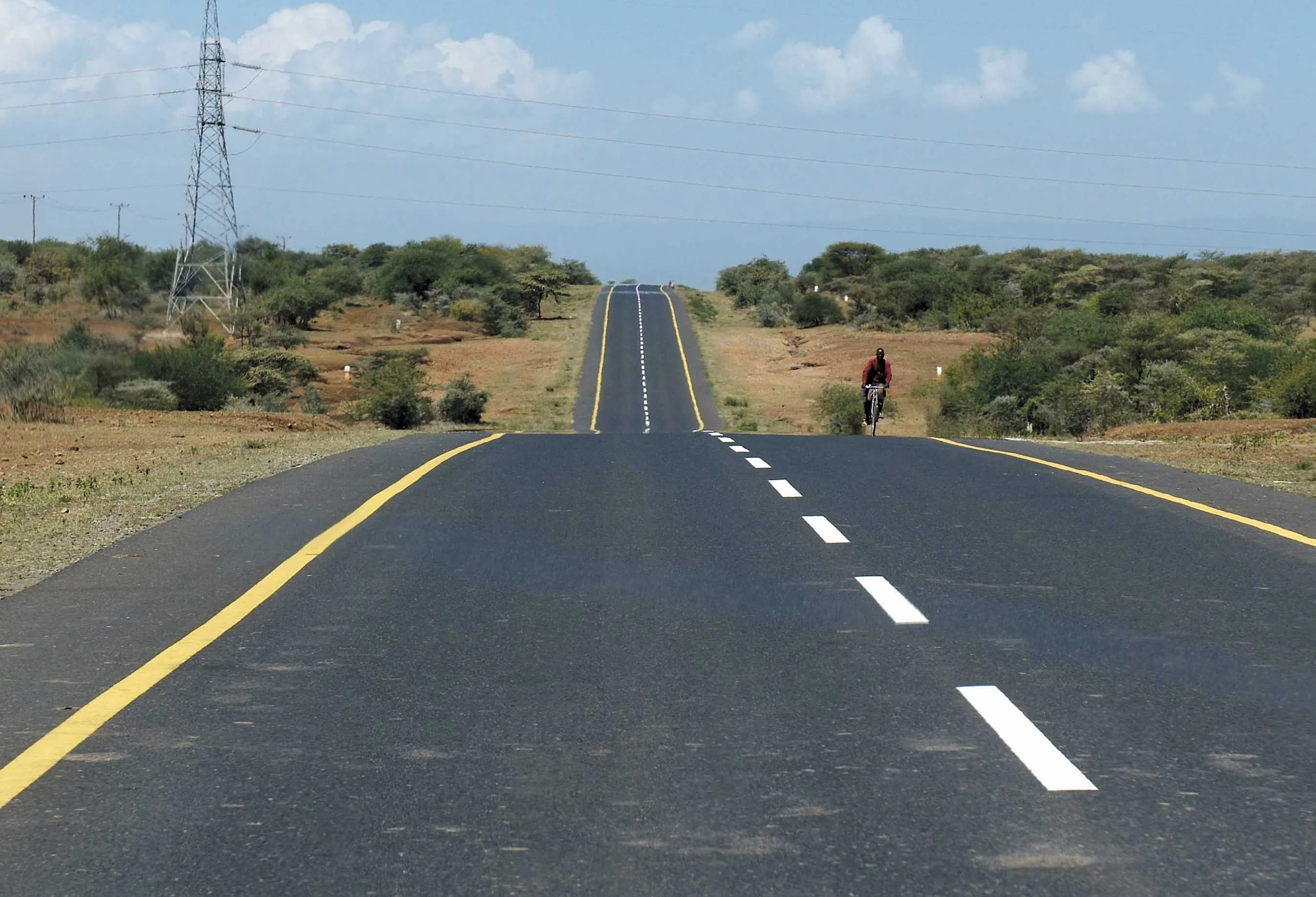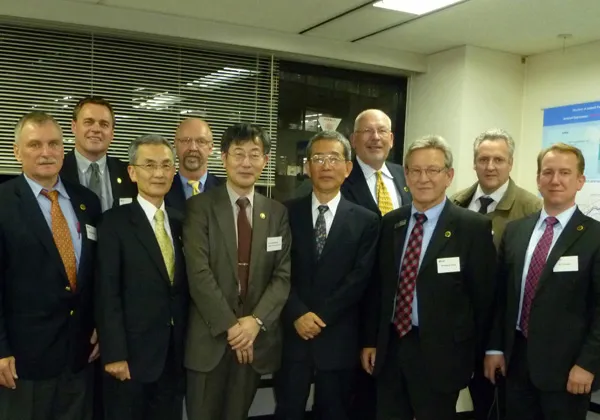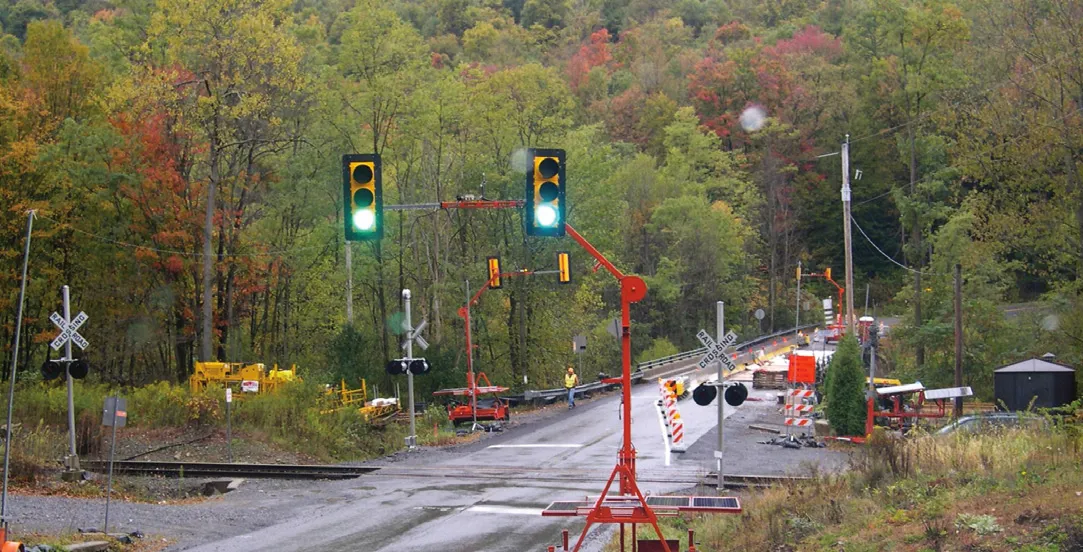Carlos M. Chang-Albitres talks about affordable, safer, and environmentally friendly pavement preservation practices
One of the major components of public infrastructure is the transportation group. This group mainly includes the road network, airports, railroads, and ports. The road network is perhaps the most important component of this group for providing ground links between businesses, industries, and consumers. Because of these links, there is a strong relationship between funds allocated in road infrastructure and economic growth.The maintenance and rehabilitation of road infrastructure demands a great investment of time and money. The deterioration of pavement condition over time due to environmental factors and increasing traffic loads combined with the limitation of funds available for maintenance and rehabilitation creates a complex challenge.
A multidisciplinary coordinated effort is needed for addressing this challenge. This involves the use of new materials and innovative pavement preservation techniques. This involves the use of new materials and innovative pavement preservation techniques.
Without any doubt, the availability of new materials, new pavement preservation techniques, and alternative funding strategies for a better return on investments will be reflected on network condition and future funding needs.
A long-term vision to foster a sustainable and affordable programme to preserve road infrastructure starts with setting goals and delimiting expectations for building long-term lasting pavements. This involves a comprehensive understanding of the complex factors that influence pavement performance. Pavement performance includes consideration of functional performance, structural performance, and safety. In addition to this, the concept of green roads for better living should be encouraged by governmental policies to ensure high quality of life for all while protecting our natural system. Warm asphalt mixes, rubberised asphalt pavements, new environmentally friendly bitumen products for slurry seals, microsurfaces, and cape seals are just some examples of the evolution of new materials and technologies for pavement preservation.
As advocates of a proactive vision for affordable, safer, and environmentally friendly pavements, the International Road Federation (
The first meeting of this nature will be held in Orlando, Florida from 4-7 August, 2009.
Preserving our Highway Infrastructure Assets
Affordable, Safer, and Environmentally Friendly Pavement Preservation Practices
August 4-7, 2009 Orlando, Florida
IRF's newly developed international seminar explores the latest best practices in pavement preservation. The seminar's approach is truly global, due to its cast of international speakers, featuring experts from:
• The
• U.S. FHWA
• Nippo Corporation (Japan)
•
•
•
• And Many More









